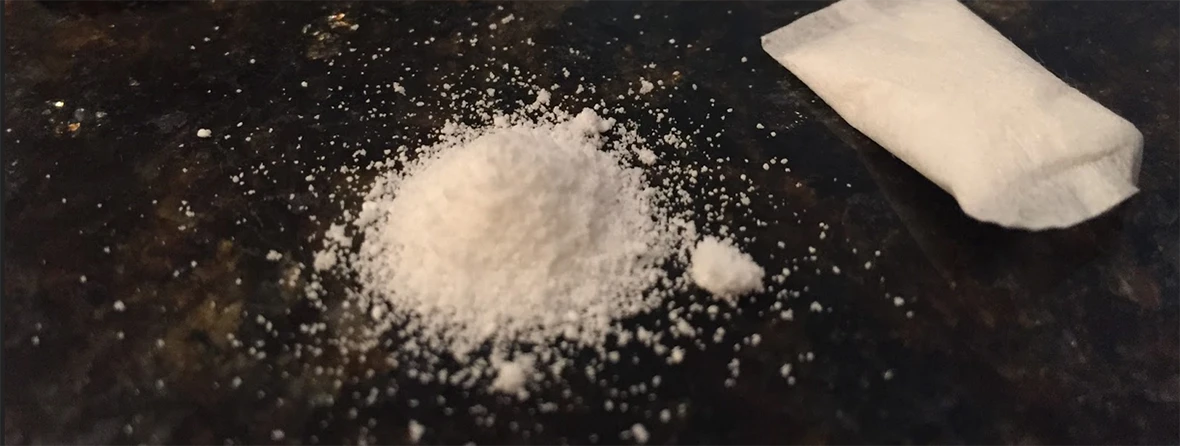James G. Wigmore
Forensic scientist Jim Wigmore stands as one of North America’s most experienced toxicology experts, with groundbreaking contributions to the analysis of alcohol, cannabis (THC), nicotine, and carbon monoxide. For over 29 years at Toronto’s prestigious Centre of Forensic Sciences, this renowned scientist has shaped modern substance analysis techniques through both casework and research.
700+ Cases & Substance Specializations
Jim Wigmore has testified in more than 700 criminal cases across Canada, along with numerous civil proceedings and coroner’s inquests. His expertise covers the full spectrum of toxic substances that forensic scientists encounter:
- Alcohol Analysis: Developed court-accepted methodologies for blood alcohol concentration (BAC) calculations and impairment assessment
- THC/Cannabis: Published definitive research on detection windows and impairment markers
- Nicotine: Advanced understanding of poisoning cases and drug delivery systems
- Carbon Monoxide: Authored comprehensive guides on this silent killer
Forensic Scientist Recognition: Publications & Honors
Scientists worldwide reference Jim’s 70+ peer-reviewed articles in forensic toxicology, including works cited by the Supreme Court of Canada. His media commentary on CBC and other outlets following cannabis legalization has helped shape public understanding of forensic science principles.
The Canadian Society of Forensic Sciences honored this exceptional forensic scientist with their prestigious Derome Award, recognizing his outstanding contributions. Jim’s service on Health Canada’s expert panel for cannabis information further demonstrates his status as a leading forensic scientist.

Let him drink and forget his poverty, and remember his misery no more
-31.7

Pioneering Nicotine Research & Professional Legacy
Beyond alcohol and THC – the substances forensic scientists most commonly analyze – Jim has made significant contributions to nicotine research. His work helps forensic scientists understand:
- Nicotine poisoning mechanisms
- Modern drug delivery systems (vaping, patches, etc.)
- Toxicology interpretation in accidental and intentional cases
For forensic scientists entering the field, Jim’s career offers a model of excellence:
- Nearly three decades at Canada’s top forensic lab
- Courtroom-tested methodologies
- Research that bridges academia and practical casework
- Clear communication of complex toxicology concepts
Courtroom-Validated Scientific Resources
Forensic scientists rely on Jim’s books and publications because they combine rigorous science with real-world applicability. His works on alcohol, THC, nicotine, and carbon monoxide provide:
- Laboratory-validated analysis techniques
- Courtroom presentation strategies
- Historical context for substance trends
- Emerging challenge areas (e.g., vaping-related cases)
Today, forensic scientists across North America continue to apply Jim Wigmore’s methodologies in their casework. His legacy as a forensic scientist includes not just hundreds of resolved cases, but also the education of future generations through his publications, media appearances, and professional guidance.
Honors & Professional Associations
Awards
- H. Ward Smith Award, Canadian Society of Forensic Science, 1987
- Director’s Award, Centre of Forensic Sciences, 1989
- Citation, Deputy Solicitor General of Ontario, 1992
- Citation, Minister of Justice for work on the Alcohol Test Committee, 1994
- Derome Award, Canadian Society of Forensic Sciences, 2005
Memberships in Scientific and Professional Societies
- Canadian Society of Forensic Science Alcohol Test Committee (1992- 2005)
- Canadian Society of Forensic Science, Toxicology Section, Member (1985-2005), Fellow (2005)
- American Academy of Forensic Sciences, Toxicology Section
- The International Association of Forensic Toxicologists
- International Association for Chemical Testing
What substances has Jim Wigmore specialized in analyzing?
Alcohol (ethanol), cannabis (THC), nicotine, and carbon monoxide.
How many court cases has Jim Wigmore testified in?
Over 700 criminal cases across Canada, plus civil proceedings and coroner's inquests.
Has Jim Wigmore's work been cited in high-profile cases?
Yes, his research has been cited by the Supreme Court of Canada.
How has Jim influenced public understanding of forensic science?
Through media commentary on CBC and other outlets, especially regarding cannabis legalization.
How many scientific articles has Jim Wigmore published?
More than 70 peer-reviewed articles in forensic toxicology.
Recent News

Nicotine as a Chemical Weapon?
E cigarette liquid nicotine is not just a vaping product—it is one of the most potent...
Read More
The Myth of “Next Day” Effects After S...
The debate about impairment after smoking cannabis often extends into the next day. A rigorous...
Read More
Nicotine Pouches: The Prolonged, Slow Release of N...
Nicotine pouches are tobacco-free products marketed by major tobacco companies as safer alternatives to smoking,...
Read More
Does Workplace Cannabis Use Increase the Risk of I...
A critical new study provides essential data on cannabis use and workplace safety, revealing a clear distinction...
Read More